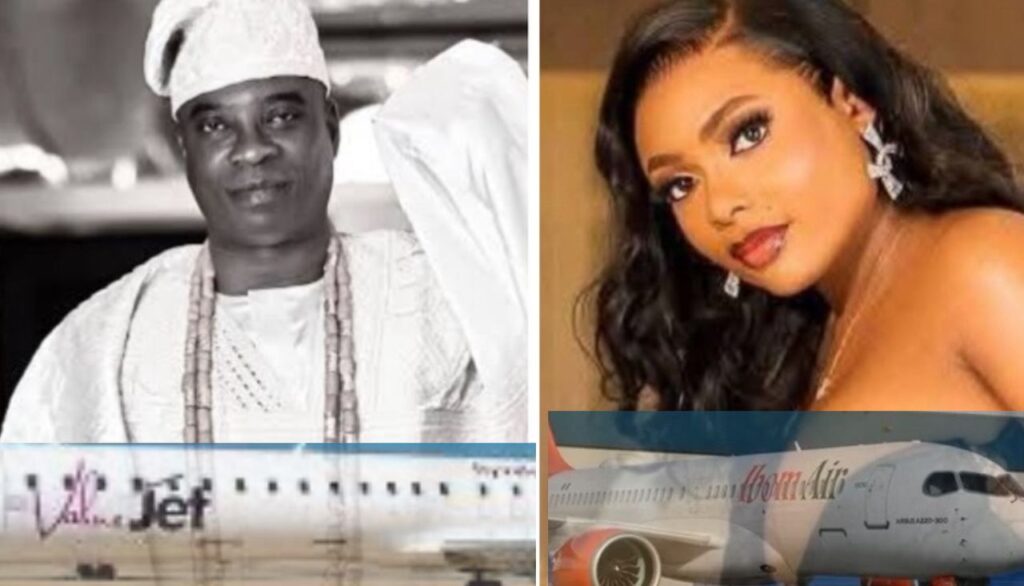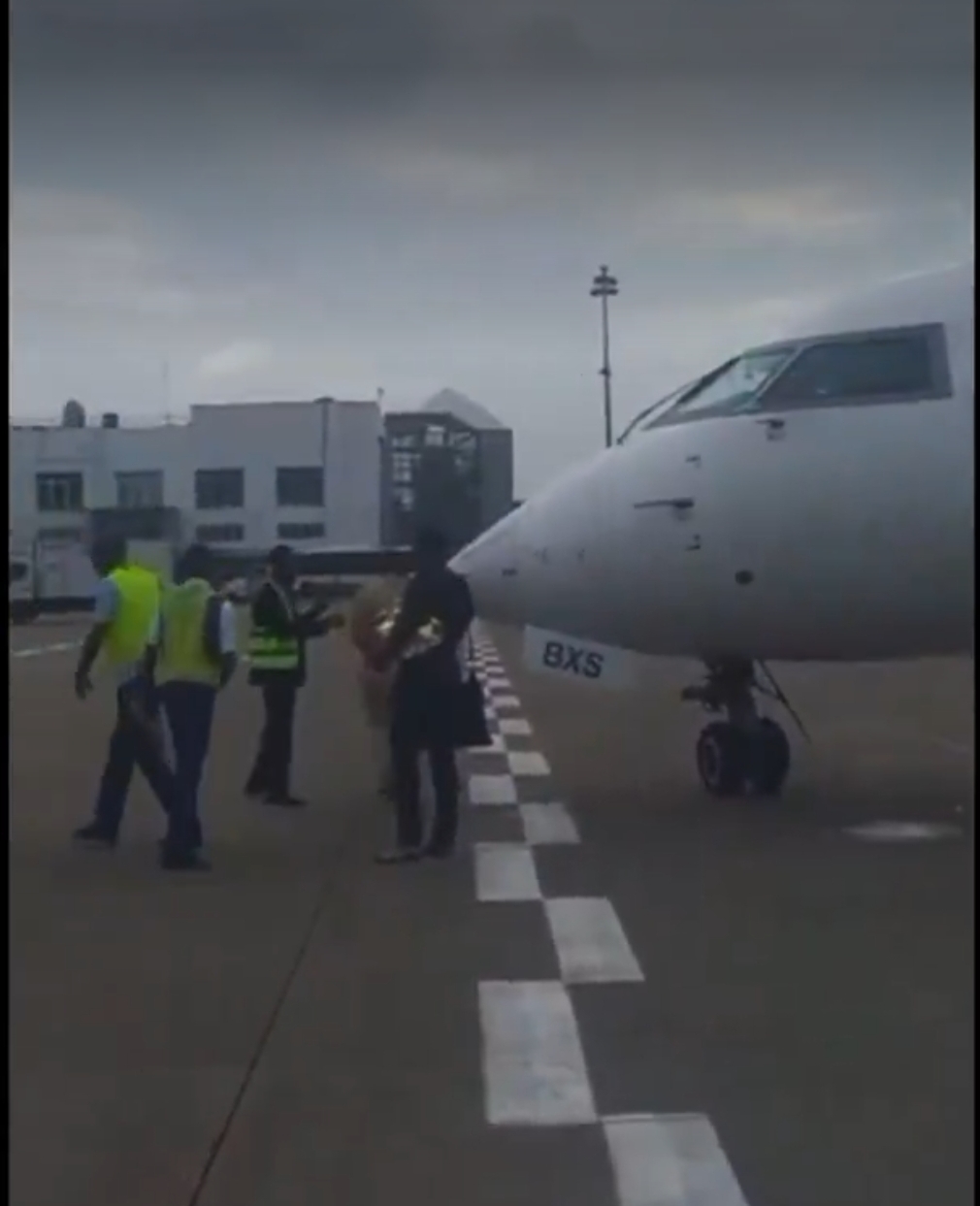Two flights, two fates: How status decides justice in Nigerian skies

The recent incident where a wealthy and influential passenger received a seemingly rewarding outcome for unruly behavior, while a less-privileged passenger was swiftly remanded in Kirikiri Prison for a similar offence raises serious concerns about equity and justice in Nigeria’s aviation sector, Abdullateef Fowewe writes.
In a saga that sharply underscores the disparity in consequences meted out to high-profile individuals versus ordinary citizens in Nigeria, two recent aviation incidents have captured national attention.
Veteran Fuji musician Wasiu Ayinde Marshall, popularly known as Kwam 1, involved in an unruly conduct episode at the Nnamdi Azikiwe International Airport in Abuja, has been named an ambassador for proper airport security protocol by the Federal Government.
This comes despite his controversial behaviour on a ValueJet flight, where he was deboarded after refusing to surrender a flask suspected to contain alcohol and subsequently obstructed the plane’s takeoff by standing in front of it.
The Minister for Aviation and Aerospace Development, Festus Keyamo, stated the decision followed a thorough review of the incident and reflects a new approach to security breaches focused on public safety and aviation regulation.

Kwam 1 was given an indefinite flying ban by the Nigerian Civil Aviation Authority, but influential figures, including the National President of the National Union of Road Transport Workers (NURTW), MC Oluomo, have publicly appealed for mercy and forgiveness for the musician, likening him to a prodigal son who has acknowledged his mistakes and is willing to make amends. Albeit, the ban has been reduced to a month.
This appeal emphasises a tone of reconciliation and restoration rather than strict punishment.
In stark contrast, a female passenger, Comfort Emmanson, involved in an unruly passenger incident on an Ibom Air flight from Uyo to Lagos, faced harsh consequences.
Emmanson reportedly refused to comply with safety protocols such as switching off her mobile phone before takeoff, verbally abused and physically assaulted flight attendants, including stepping on one, tearing off her wig, slapping crew members, and attempted to remove a fire extinguisher, an act that could have endangered the aircraft and passengers.

After being restrained by airline and airport security, she was handed over to the Nigeria Police Force, formally charged in court on multiple counts including assault, and remanded in Kirikiri Prison.
Ibom Air quickly banned her from all future flights, emphasising their zero-tolerance policy towards unruly behavior that threatens safety and security onboard.
Viral videos of the incident showed how the power-drunk airline decided to humiliate the passenger, possibly because she is not the daughter of an influential man, instead of following due process to prosecute her.
Emmanson’s dignity as a woman was trampled upon by some officials on Ibom Air who tore her cloth, stripped her half naked, made a video of her bare breasts, sent such a despicable video to the Internet where it will remain forever, and yet, the identities of these officials are being protected.
This juxtaposition of outcomes—Kwam 1 later receiving an ambassadorial role and appeals for clemency despite disruptive actions, while Comfort Emmanson was detained in one of Nigeria’s most notorious prisons for her similar and arguably more violent conduct, has stirred public debate on fairness and justice in the enforcement of aviation regulations.
The Aviation Minister’s endorsement of Kwam 1 signals a potentially controversial approach toward influential figures, where remedial roles and second chances are emphasized. Meanwhile, ordinary passengers currently bear the strict consequences of the law, which includes criminal charges and incarceration.
This glaring imbalance fuels arguments about preferential treatment based on status, questioning whether aviation safety and security are being upheld equally across the board or if “big men” continue to be shielded from full accountability while “poor people get Kirikiri reward.”
The contrasting treatment of these two cases remains a critical topic as Nigeria grapples with maintaining order and discipline in its aviation sector while negotiating the sociopolitical dynamics influencing justice and enforcement.
As these stories unfold, the public watches closely to see if Nigeria’s aviation authorities will maintain consistency in their enforcement or continue to navigate a path fraught with inequalities.




